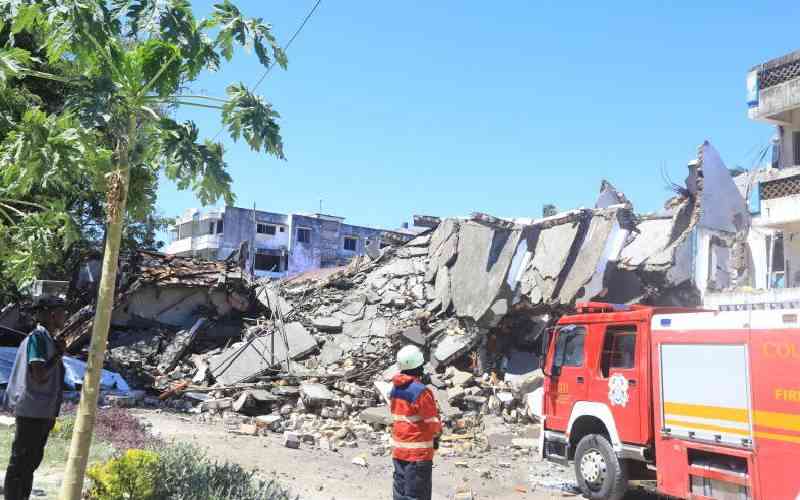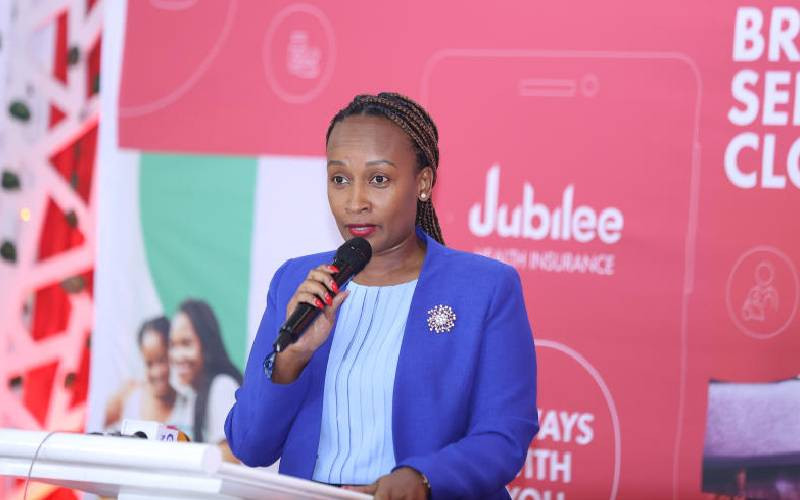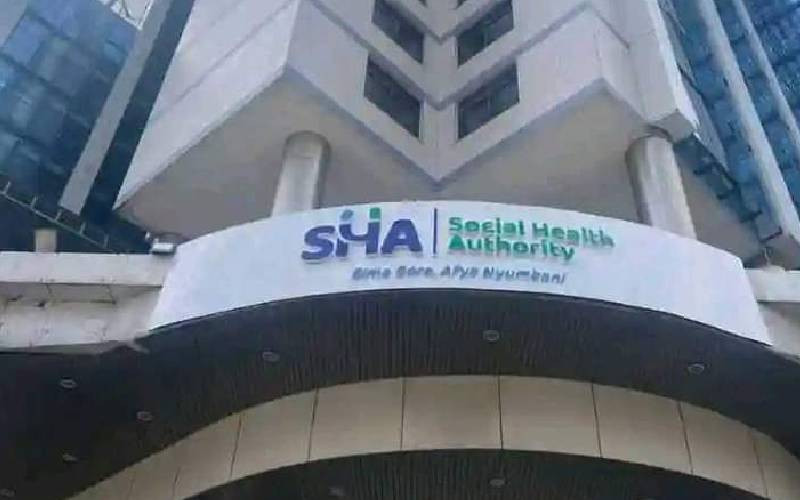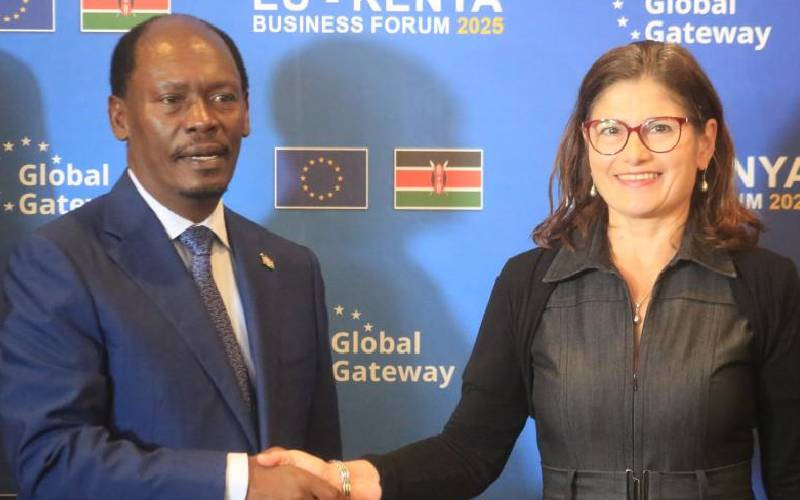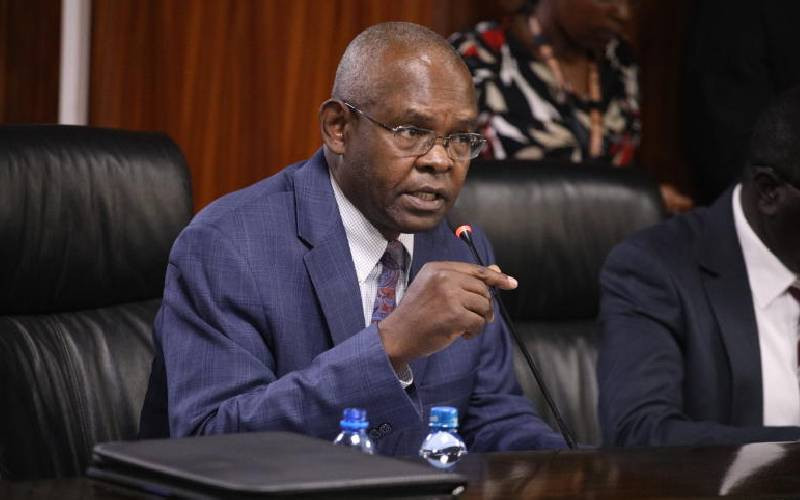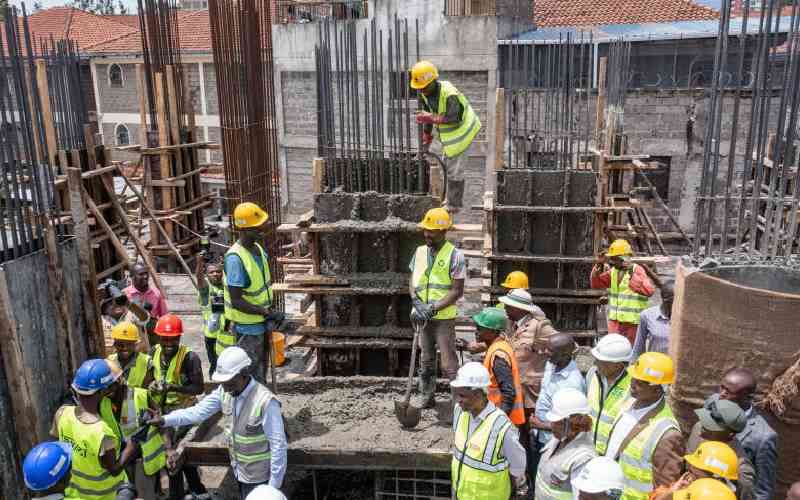
In Kenya, the informal sector represents 80 per cent of the workforce. Yet, despite its significance, health insurance coverage among informal sector workers remains alarmingly low, resulting in high out-of-pocket expenses for accessing healthcare services.
This challenge is compounded by systemic barriers, such as limited information about health insurance, unclear enrollment processes, and a general lack of awareness about available benefits packages.
As the government pushes towards Universal Health Coverage (UHC), the role of Community Health Promoters (CHPs) has never been more critical in overcoming these obstacles and driving adoption of Social Health Insurance (SHI).
Low engagement with health insurance among informal sector workers is not merely a matter of preference. It stems from deep-rooted issues that require more than traditional communication methods to resolve. Complex enrollment processes, for instance, can deter participation, especially in areas with low literacy levels.
Moreover, a lack of trust in formal institutions and previous negative experiences with insurance schemes further discourage people from joining health insurance programmes.
This is where the role of CHPs come into play. The government has long recognised the value of these lay health workers in delivering preventive and promotive health services at the community level. CHPs live within the communities they serve and receive basic health training from the Ministry of Health.
This training enables them to provide culturally appropriate health education where people live, eat, work, play, and worship. But their role goes beyond just health education. CHPs are trusted community members who offer informal counselling, advocate for health needs, provide direct services like first aid and blood pressure screenings, and connect people to health facilities.
The government’s nationwide network of 107,831 CHPs, launched in October 2023, spans all 47 counties. Each CHP is assigned approximately 100 households. This extensive network has already registered 7.3 million households, making CHPs an invaluable resource in the drive for SHA adoption.
The social capital CHPs have built within their communities is a powerful asset. By engaging in regular dialogue with community members, CHPs can demystify SHA enrollment process, explain benefits and address any concerns or misconceptions. This ongoing engagement fosters empowerment, improving SHA’s acceptability and interest.
While CHPs are well-positioned to reach rural, peri-urban, and urban informal settlements, there remains a notable gap in their reach among middle-class urban areas. These areas, which often have better access to media and technology, may require different outreach strategies.
The extensive network of CHPs offers a cost-effective platform to drive SHA awareness and enrollment. Integrating SHA promotion into community engagement activities, such as community dialogues and health action days, can consistently maintain discussions about SHA. Moreover, CHPs can collaborate with media outlets to amplify their reach, ensuring the SHA message is consistent and far-reaching. This integrated approach maximises resources and ensures that the message is reinforced through multiple touchpoints.
Dr Maureen works at the Ministry of Health, while Ms Rose is at Amref Health Africa
 The Standard Group Plc is a
multi-media organization with investments in media platforms spanning newspaper
print operations, television, radio broadcasting, digital and online services. The
Standard Group is recognized as a leading multi-media house in Kenya with a key
influence in matters of national and international interest.
The Standard Group Plc is a
multi-media organization with investments in media platforms spanning newspaper
print operations, television, radio broadcasting, digital and online services. The
Standard Group is recognized as a leading multi-media house in Kenya with a key
influence in matters of national and international interest.
 The Standard Group Plc is a
multi-media organization with investments in media platforms spanning newspaper
print operations, television, radio broadcasting, digital and online services. The
Standard Group is recognized as a leading multi-media house in Kenya with a key
influence in matters of national and international interest.
The Standard Group Plc is a
multi-media organization with investments in media platforms spanning newspaper
print operations, television, radio broadcasting, digital and online services. The
Standard Group is recognized as a leading multi-media house in Kenya with a key
influence in matters of national and international interest.


